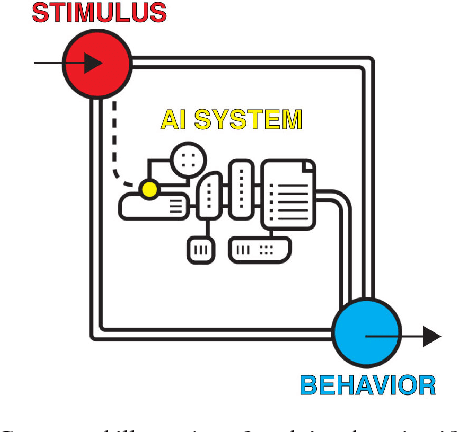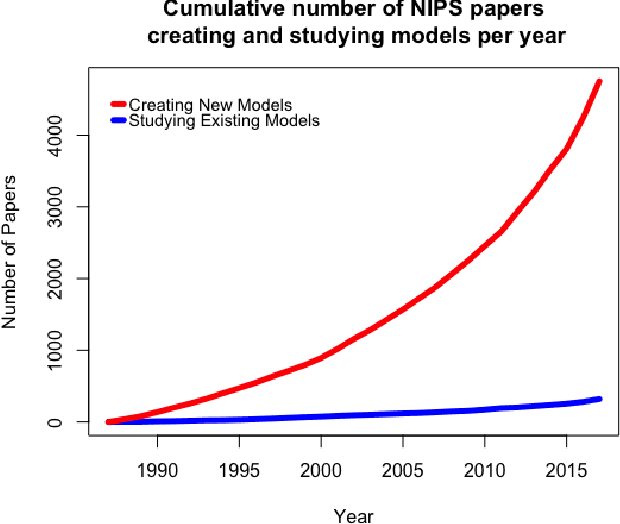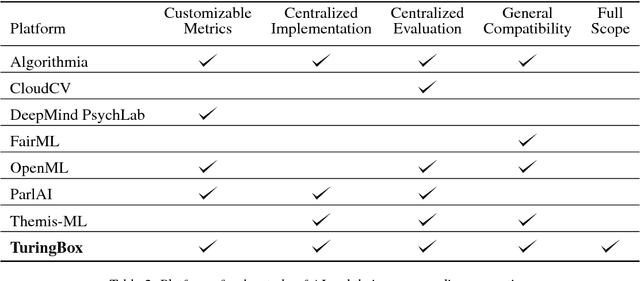Blakeley H. Payne
Closing the AI Knowledge Gap
Mar 20, 2018



Abstract:AI researchers employ not only the scientific method, but also methodology from mathematics and engineering. However, the use of the scientific method - specifically hypothesis testing - in AI is typically conducted in service of engineering objectives. Growing interest in topics such as fairness and algorithmic bias show that engineering-focused questions only comprise a subset of the important questions about AI systems. This results in the AI Knowledge Gap: the number of unique AI systems grows faster than the number of studies that characterize these systems' behavior. To close this gap, we argue that the study of AI could benefit from the greater inclusion of researchers who are well positioned to formulate and test hypotheses about the behavior of AI systems. We examine the barriers preventing social and behavioral scientists from conducting such studies. Our diagnosis suggests that accelerating the scientific study of AI systems requires new incentives for academia and industry, mediated by new tools and institutions. To address these needs, we propose a two-sided marketplace called TuringBox. On one side, AI contributors upload existing and novel algorithms to be studied scientifically by others. On the other side, AI examiners develop and post machine intelligence tasks designed to evaluate and characterize algorithmic behavior. We discuss this market's potential to democratize the scientific study of AI behavior, and thus narrow the AI Knowledge Gap.
 Add to Chrome
Add to Chrome Add to Firefox
Add to Firefox Add to Edge
Add to Edge